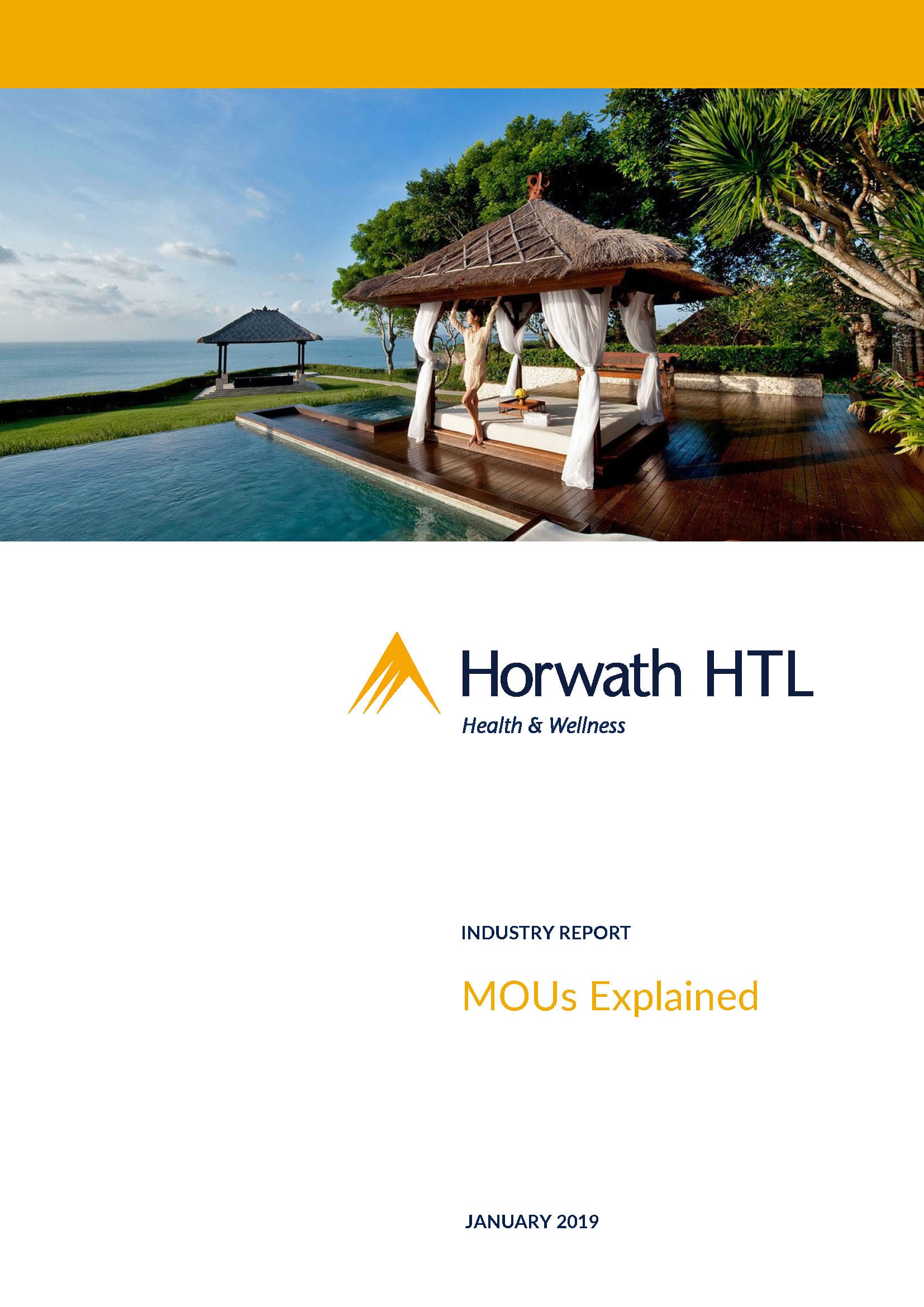
Report
Industry Report: MOUs Explained
The arrangement between hotel owners and operating companies, established through hotel management agreements (HMAs), has long been a foundational model in the hospitality industry.
These agreements allow hotel operators to expand their portfolios with minimal real estate ownership risk. Typically, HMAs are preceded by Memorandums of Understanding (MOUs) or Letters of Intent (LOIs), which outline the prime commercial terms and serve as a preliminary framework for the subsequent formal agreement.
This report delves into the key components of MOUs, providing guidance for both hotel owners and operators.
Understanding MOUs
An MOU records the details of an agreement between two entities that have not yet been legally approved. It sets out the principal commercial terms that will later form the basis of the HMA. Although non-binding, once an MOU is signed, renegotiating the main commercial terms becomes challenging. Therefore, it is crucial to address and resolve key issues during this preliminary phase to avoid unfavourable positions later.
Key Terms and Issues in MOUs
Operating Term:
- Operator Perspective: Operators prefer long terms (10-30 years) to establish market presence and reap the benefits of brand goodwill. Renewal terms favor operators, and they typically resist early termination.
- Owner Perspective: Owners should negotiate shorter terms if excessively long, include non-renewal options, establish performance criteria for termination, and ensure the ability to terminate upon sale of the hotel.
Brand Name and Standards:
- Operator Perspective: The MOU will specify the operator’s brand and proposed hotel name, along with brand standards and specifications that must be met.
- Owner Perspective: Owners must ensure the proposed brand and name align with the target market. Provisions should be made to keep maintenance and staffing costs within reasonable limits.
Fees and Charges:
- Operator Perspective: MOUs outline system fees, marketing contributions, reservation fees, and other charges. Operators expect these to be allocated fairly across all branded hotels.
- Owner Perspective: Owners should ensure these fees are reasonable and system-wide, and push for provisions that allow for review and adjustment of fees and charges.
General Manager and Key Staff:
- Operator Perspective: Operators typically appoint the general manager and key senior staff, ensuring they are trained to meet brand standards.
- Owner Perspective: Owners should have the right to review and reject candidates for key positions, and have a say in termination decisions. Salaries and commencement of employment should be agreed upon jointly.
Room Rates, Salaries, and Staffing:
- Operator Perspective: Operators need discretion to set room rates, staff salaries, and manning numbers to ensure alignment with brand standards.
- Owner Perspective: Owners should be consulted on these matters, with payroll expenses kept within agreed limits.
Operator’s Fees and Taxes:
- Operator Perspective: Operators’ fees include base and incentive fees, technical services fees, and possibly license fees for brand usage. These fees are calculated based on gross operating revenue (GOR) and profit (GOP).
- Owner Perspective: Owners should carefully review and negotiate fee structures, ensuring expenses are reasonable and pre-approved.
Exclusivity Period:
- Operator Perspective: MOUs include an exclusivity period to protect operators during negotiations, preventing owners from engaging with competing operators.
- Owner Perspective: Owners should negotiate the ability to terminate the MOU if negotiations fail, and ensure exclusivity is reciprocated by the operator.
Additional Provisions
Capital Reserve
Operators require contributions to a capital reserve fund for future replacements and improvements. Owners should ensure reasonable control over this fund.
Area of Protection
Owners should include clauses to prevent operators from managing competing hotels within a specified radius.
Sale/Mortgage of Hotel
Provisions should allow owners to sell or mortgage the property without the operator’s consent, under agreed conditions.
Annual Budget
The annual budget should require the owner’s review and approval, with dispute resolution mechanisms in place.
General Manager’s Signing Authority
Parameters for the general manager’s signing authority should be established, with joint signatures required for significant decisions.
Assignment
Any assignment of the MOU’s benefits should require mutual consent.
Governing Law and Dispute Resolution
Legal advice is essential to understand the implications of the governing law and dispute resolution mechanisms.
Dispute Resolution
Disputes between owners and operators often arise from differing interests. Effective resolution mechanisms, including informal compromises, owner-operator committees, mediation, and arbitration, should be outlined in the MOU to prevent conflicts from escalating to contract termination.
Understanding and negotiating the key terms of MOUs are crucial for establishing a successful and balanced relationship between hotel owners and operators. By addressing these issues early in the negotiation process, both parties can achieve their goals and ensure a mutually beneficial partnership.
Download the report
For detailed charts, graphs, and further analysis, download the full report here




